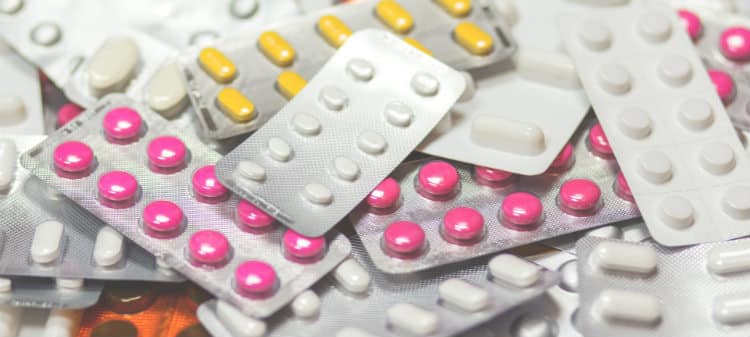[fusion_builder_container hundred_percent="no" equal_height_columns="no" menu_anchor="" hide_on_mobile="small-visibility,medium-visibility,large-visibility" class="" id="" background_color="" background_image="" background_position="center center" background_repeat="no-repeat" fade="no" background_parallax="none" parallax_speed="0.3" video_mp4="" video_webm="" video_ogv="" video_url="" video_aspect_ratio="16:9" video_loop="yes" video_mute="yes" overlay_color="" video_preview_image="" border_size="" border_color="" border_style="solid" padding_top="" padding_bottom="" padding_left="" padding_right=""][fusion_builder_row][fusion_builder_column type="1_1" layout="1_1" background_position="left top" background_color="" border_size="" border_color="" border_style="solid" border_position="all" spacing="yes" background_image="" background_repeat="no-repeat" padding_top="" padding_right="" padding_bottom="" padding_left="" margin_top="0px" margin_bottom="0px" class="" id="" animation_type="" animation_speed="0.3" animation_direction="left" hide_on_mobile="small-visibility,medium-visibility,large-visibility" center_content="no" last="no" min_height="" hover_type="none" link=""][fusion_text]
Bristol-Myers Squibb and Otsuka Pharmaceutical Co. have ended the massive litigation surrounding Abilify, an antipsychotic drug linked to addictive behavior. Bringing the Abilify litigation to a close, the two companies have entered a confidential global settlement to resolve all outstanding lawsuits filed over the antipsychotic's association with compulsive urges, including compulsive gambling, shopping, eating and sex, according to Bloomberg News.
The settlement agreement, brokered on February 15, 2019, was revealed to the public on February 27, 2018 through a court filing in the US District Court of Northern Florida, where over 2,300 Abilify product liability lawsuits are consolidated. While additional Abilify lawsuits have been filed in state courts across the country, the new settlement agreement is designed to resolve claims in both federal and state courts.

The terms of the settlement agreement have not been made public. We don't yet know how much money cases are being settled for, or whether the agreement requires an admission of liability from Bristol-Myers Squibb and Otsuka Pharmaceutical.
Abilify is an atypical antipsychotic drug prescribed to treat various mental disorders, including schizophrenia, bipolar disorder and, as an adjunct to traditional treatments, major depressive disorder. Approved by the US Food & Drug Administration in 2002, Abilify is now the nation’s best-selling drug, with annual sales over $7.5 billion.
But in May 2016, a new warning appeared on the drug’s label. As experts at the FDA wrote at the time, Abilify had been linked to rare, but potentially life-altering, impulse-control problems. Public health researchers have received reports of compulsive, or uncontrollable, behaviors in Abilify patients, the vast majority of whom had never experienced these problems before.
Alongside compulsive gambling, newer results found an association between Abilify’s active ingredient, a chemical called aripiprazole, and compulsive behaviors in general.
Abilify patients can also be struck by uncontrollable urges to eat, shop and have sex. Within the span of 13 years, the FDA’s adverse event report database logged at least 184 reports linking Abilify to impulse-control disorders. 167 of these cases pertained to US patients. And while pathological gambling accounted for the largest portion of reports, Abilify had also been mentioned in reports of:
Overwhelmingly, this compulsive behavior was being reported in patients with no prior history of impulse-control problems.
In the majority of cases, FDA reviewers said, the problems only began when the patients started taking Abilify. The issue also appeared to stop soon after the drug was discontinued. In medical circles, this is known as a dechallenge reaction. When patients stop taking Abilify (their body systems are no longer “challenged” by the medication), the compulsive urges appear to subside. This positive dechallenge result provides us with evidence that Abilify is causing the adverse effect, rather than some other as-yet-unspecified factor.
So while the issue of compulsive behavior seems to be rare (about 1.6 million people receive a prescription for aripiprazole every year), it’s probably connected to the antipsychotic drug. “The drug triggers a pathological urge to gamble constantly,” according to Thomas Moore, a senior researcher at the Institute for Safe Medication Practices. “It might be people starting to spend $300 a week on lottery tickets, and in other cases people will gamble away tens of thousands of dollars.” Moore spoke with the Daily Beast in November 2016.
Compulsive behavior is a very rare side effect of pharmaceuticals, regardless of what drug we’re talking about. So 184 reports may sound small, but it’s actually a high number where medications are concerned. In fact, studies of FDA data show that Abilify is between 8.6 and 64-times more likely to be linked to compulsive gambling than other drugs.
By August 2016, a new warning on Abilify’s label cautioned patients and healthcare providers to watch for new signs of compulsive behavior:
“because patients may not recognize these behaviors as abnormal, it is important for prescribers to ask patients or their caregivers specifically about the development of new or intense gambling urges, compulsive sexual urges, compulsive shopping, binge or compulsive eating, or other urges while being treated with aripiprazole […] consider dose reduction or stopping the medication if a patient develops such urges.”
Abilify’s manufacturers now warn patients and providers of the drug’s link to compulsive behavior. It’s troubling, however, that this warning was only released in 2016, since the drug’s labels in Europe and Canada have carried warnings about these side effects for years.
[/fusion_text][/fusion_builder_column][/fusion_builder_row][/fusion_builder_container]